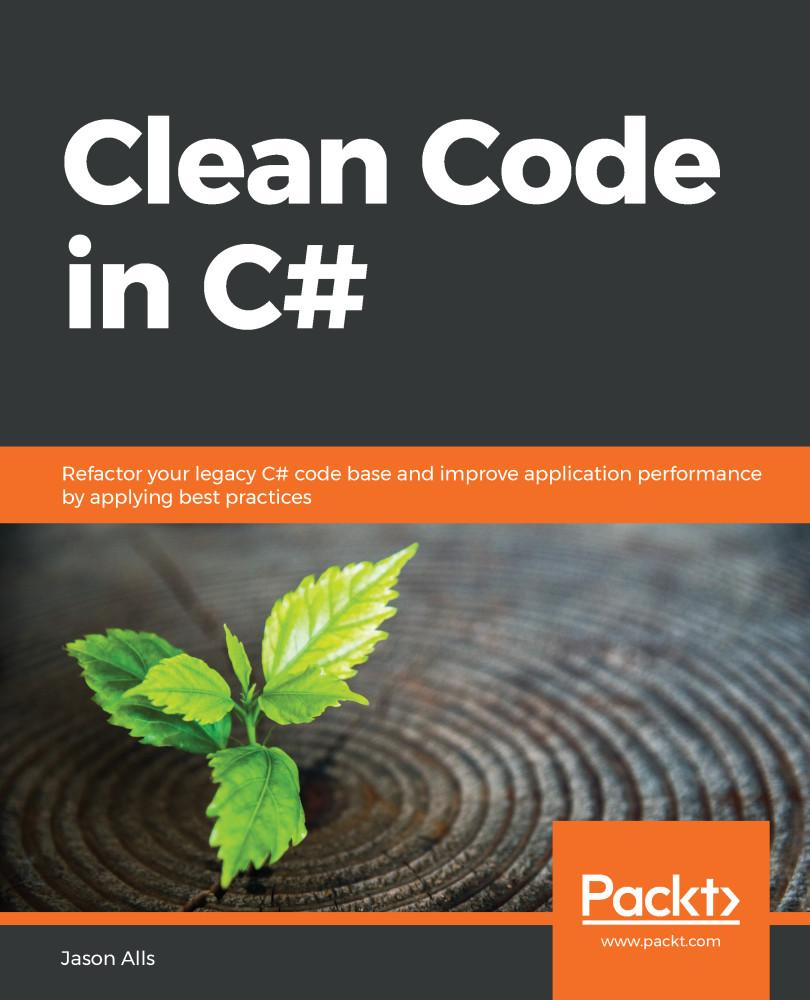Clean functions are methods that are small (they have two or fewer arguments) and avoid duplication. The ideal method has no parameters and does not modify the program's state. Small methods are less prone to exceptions, so you will be writing much more robust code that benefits you in the long run as you will have fewer bugs to fix.
Functional programming is a software coding methodology that treats computations as the mathematical evaluation of computations. This chapter will teach you the benefits of treating computations as the evaluation of mathematical functions in order to void changing an object's state.
Large methods (also known as functions) can be unwieldy to read and prone to errors, so writing small methods has its advantages. Hence, we will look at how large methods can be broken up into smaller methods. In this chapter, we will cover functional programming in C#...



